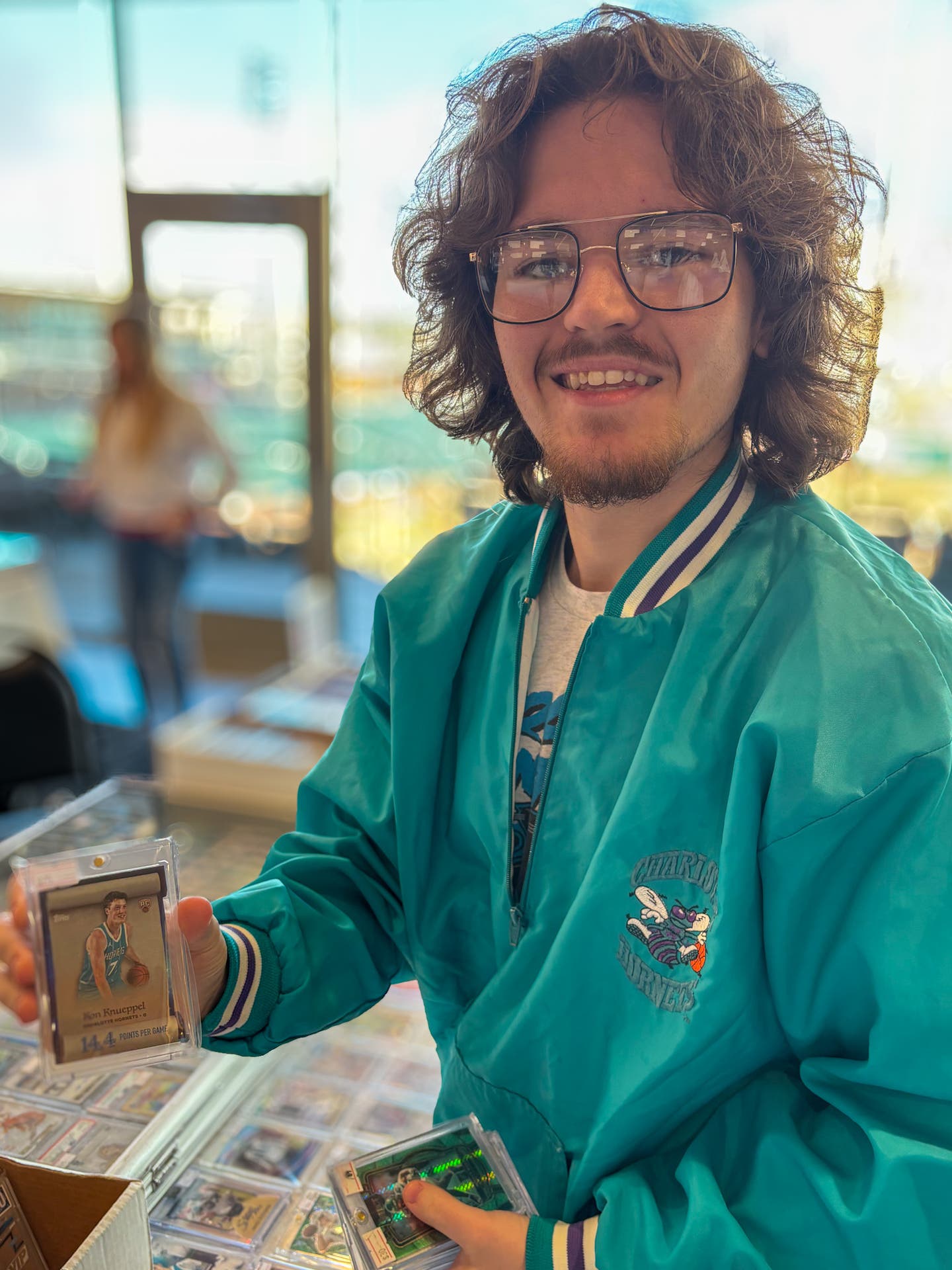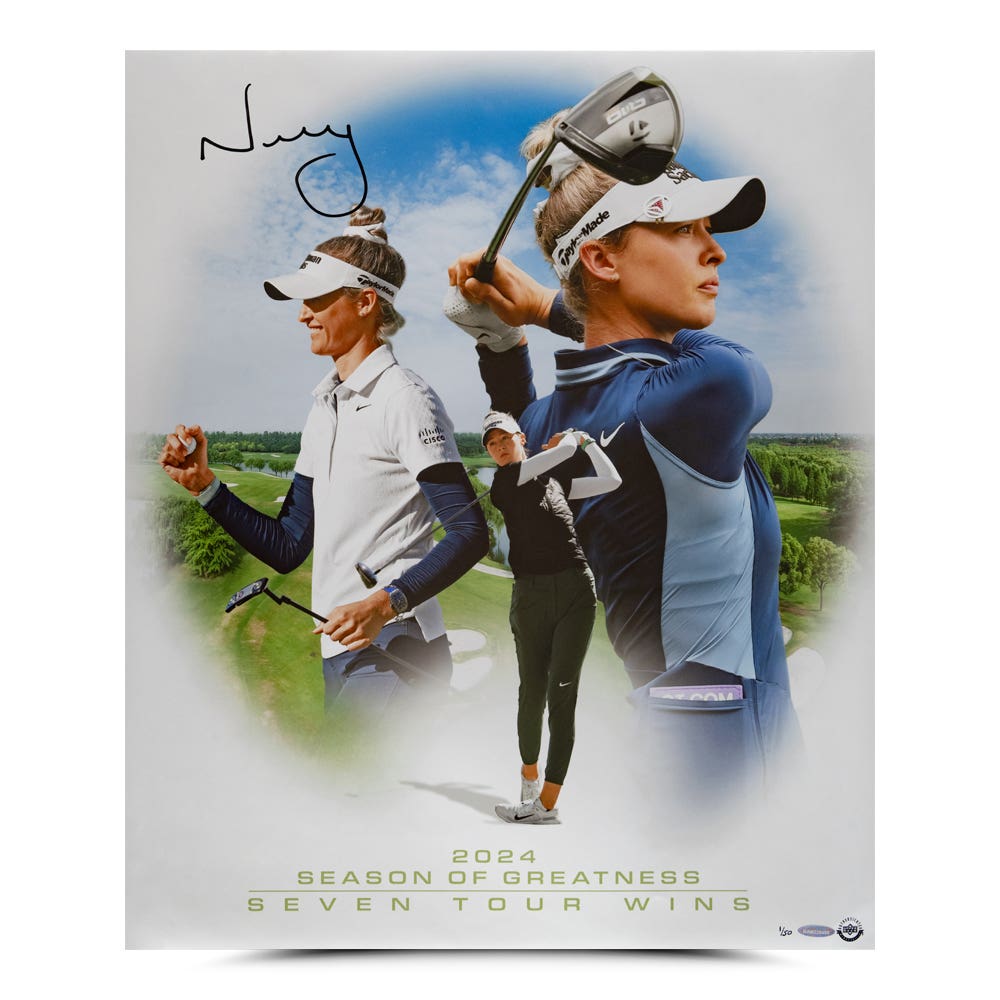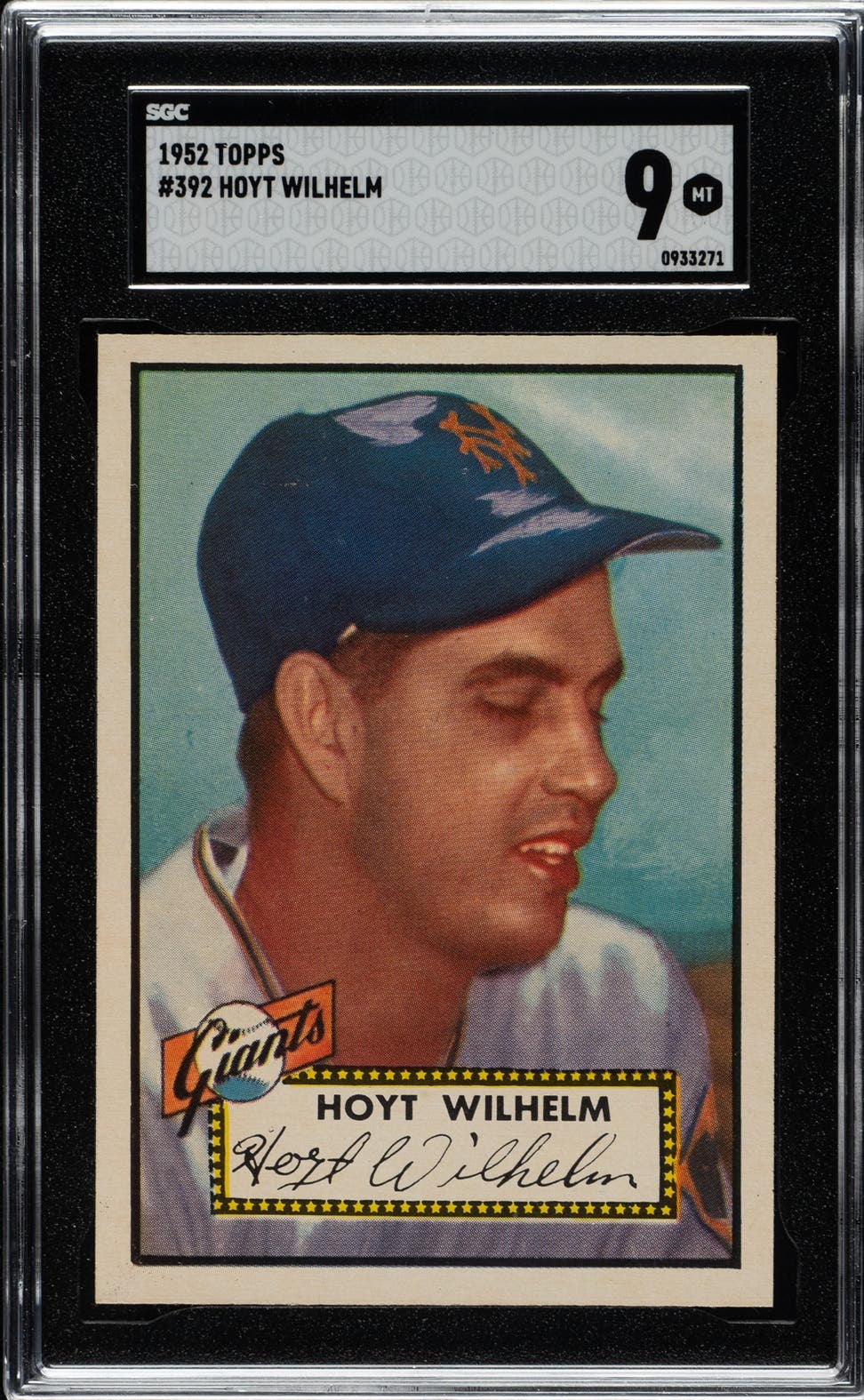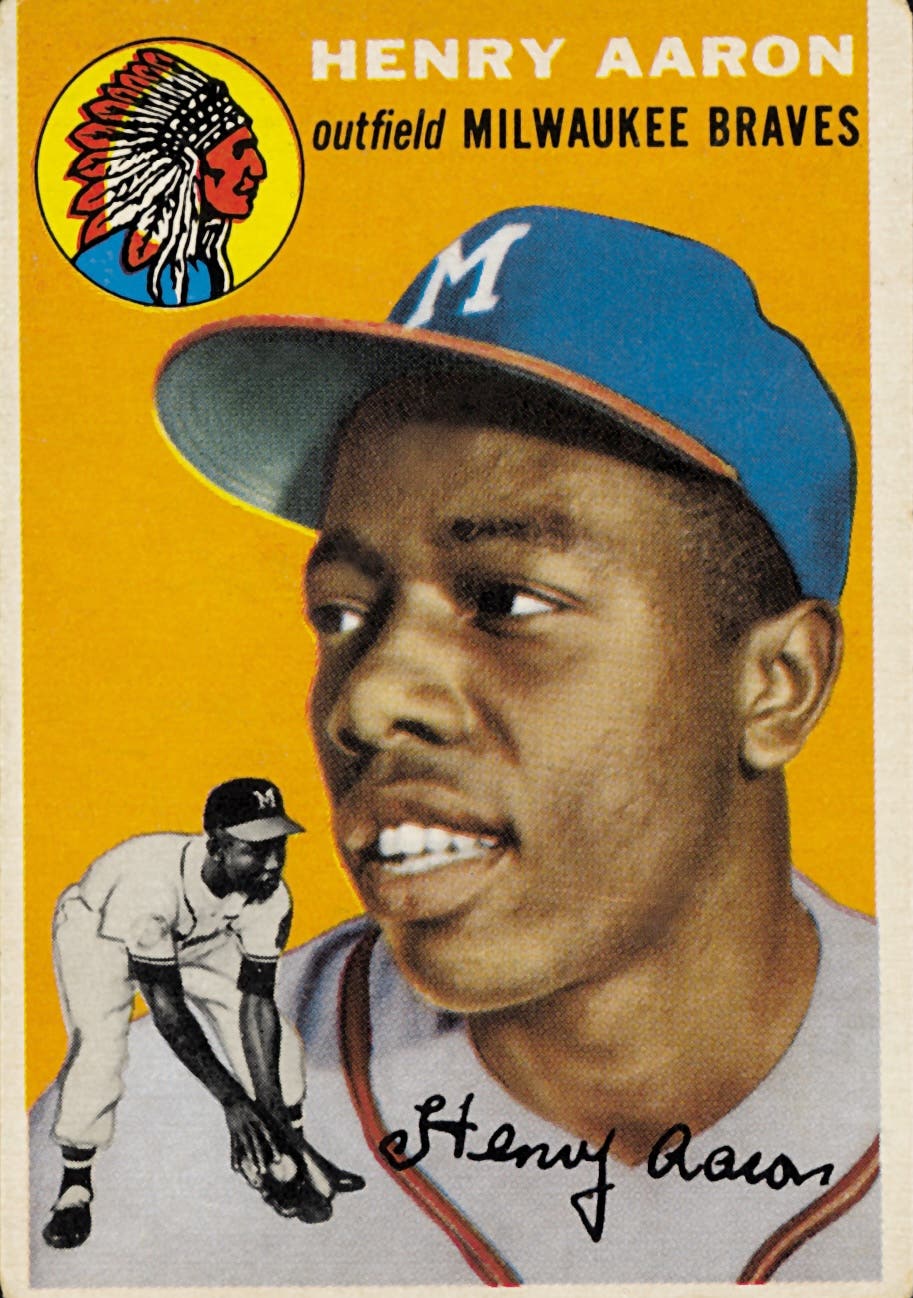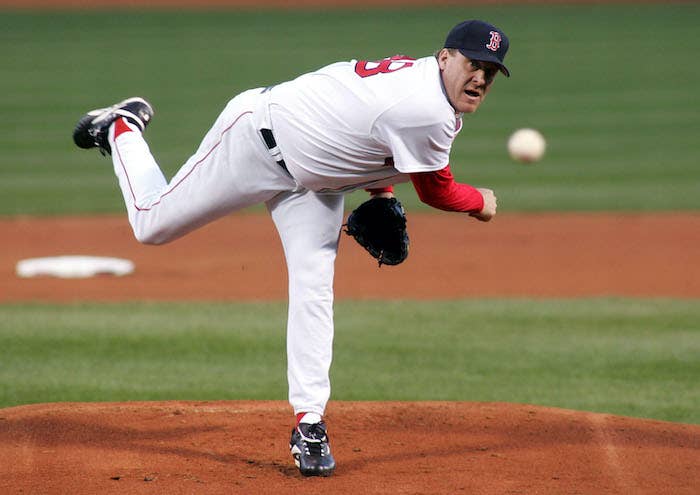
News
Baseball Hall of Fame Class of 2021 Strikes Out
And then there were none.
A combination of controversy, conflict, and coronavirus contributed to the failure of the voters to pick a single candidate for the Baseball Hall of Fame’s Class of 2021.
Fourteen writers returned empty ballots and many others had only a single name or two – making it impossible for anyone to garner the 75 percent needed for induction. A total of 401 votes were cast by eligible members of the Baseball Writers Association of America.
Controversy kept four of the top five vote-getters from getting in.
Barry Bonds, winner of a record seven Most Valuable Player trophies, and Roger Clemens, who won an equal number of Cy Young Awards, were widely suspected of extending and embellishing their careers with performance-enhancing substances. Both polled just under 62 percent in their next-to-last time on the BBWAA ballot.
Curt Schilling, hoping his reputation as a big-game pitcher would push him over the top, led the ballot with 71.1 percent but turned off so many writers with inflammatory political comments that some attempted to recall their “yes” votes after ballots were submitted. Even with a year of eligibility remaining, he has requested that his name be removed from the ballot.
As for Omar Vizquel, a shortstop who won 11 Gold Gloves, he lost support after reports surfaced that he was under investigation for alleged domestic violence.
Suspected steroids abuse suppressed the vote totals of former sluggers Sammy Sosa, in his ninth year on the ballot, and Manny Ramirez, making his fifth try. Unlike Bonds and Clemens, both were suspended – Ramirez twice suspended for steroids issues and Sosa for corking his bat.
With no strong first-year candidate on the ballot, this year’s Top 10 finishers included Scott Rolen (49.1 percent), Billy Wagner (46.4 percent), Todd Helton (44.9 percent), Gary Sheffield (40.6 percent), Andruw Jones (33.9 percent), and Jeff Kent (32.4 percent). With most gaining support, chances are good that at least some of them will eventually win enshrinement.
Ramirez drew 28.2 percent while Sosa, the only man to produce three 60-homer seasons, finished at 17 percent.
Andy Pettitte, with more postseason wins than any other pitcher, was also tainted by association with PEDs. He drew only 13.7 percent of the vote in his third year on the ballot.
Fellow starting pitcher Mark Buehrle, in his first bid, polled 11 percent, while Torii Hunter, Bobby Abreu, and Tim Hudson barely stayed above the 5 percent threshold required to remain on the ballot. That had to be a disappointment for Hudson, who won 222 games, topped 2,000 strikeouts, and had a career winning percentage above .600. Buehrle’s numbers were similar.
It was only the ninth shutout in 77 BBWAA votes for the Hall of Fame. The last occurred in 2013, though nine candidates from that ballot eventually found a niche in the Cooperstown gallery.
Three of those nine were chosen by one of four Veterans Committees, 16-member panels that meet on a rotating basis. Because of the COVID-19 pandemic, the veterans’ vote usually sandwiched between the summer inductions and the winter meetings – both cancelled in 2020 – was also postponed for a year.
It was literally “Wait Till Next Year” for both the Golden Days Era Committee, which considers Hall of Fame candidates from 1950-69, and the Early Baseball Era group, dedicated to those who made significant contributions to the game before 1950.
Both groups are scheduled to meet in December, with Gil Hodges a leading contender to win a plaque posthumously.
The two remaining veterans committees are Today’s Game, embracing candidates from 1988-present, and the Modern Baseball Era, covering the years 1970-1987. They will meet at the end of 2022 and 2023, respectively, to vote on candidates to be inducted the following summer.
Even though the writers came up empty in voting for the Class of 2021, the Hall of Fame will still have a highly anticipated induction on July 25.
Derek Jeter, who spent his entire 20-year career playing shortstop for the New York Yankees, will headline the event. He’ll be joined in the ceremony by Larry Walker, who starred for the Montreal Expos and Colorado Rockies, and Ted Simmons, a switch-hitting catcher for the St. Louis Cardinals and Milwaukee Brewers, among others.
The late labor leader Marvin Miller, whose tumultuous 27-year tenure as executive director of the Players Association had introduced arbitration and free agency, will also be enshrined after election by a veterans committee. He had been 0-for-7 in elections before finally winning a spot.
Because of the lingering pandemic, however, Jeter’s fans won’t be able to shower him with cheers, chants, and flag-waving. Even with induction more than five months away, the Hall of Fame announced in mid-February that this year’s ceremonies will be held indoors.
With Jeter at the top of the ticket, Cooperstown merchants, restaurants, and hoteliers had anticipated the largest crowd in the history of induction weekend. The record remains the estimated 87,000 who showed up to salute Cal Ripken Jr. and Tony Gwynn in 2007.
Long a matinee idol for Yankee fans everywhere, Jeter had been expected to draw every teenaged girl in America, every former teenaged girl, and their families. Planning for the event had involved state and local police, not to mention town and Hall of Fame officials.
The usual site, the Clark Sports Center, features a large stage fronting an enormous field where fans set up seats, sleeping bags, and tents days in advance. Most living Hall of Famers, or at least those well enough to travel, traveled up to the Central New York hamlet, which has 1,500 permanent residents, a solitary flagpole, and a main street that stretches just two blocks – with wall-to-wall baseball souvenir stores on both sides.
Former Hall of Famers, not to mention Cooperstown wannabes, buy table space, set up in front of Main Street stores, and peddle pictures and autographs for hours prior to the actual inductions.
A parade, presentation of awards, and other festivities are part of the fun, which has sometimes been called “a baseball Woodstock.”
It’s hot and crowded but nobody seems to care. Time stands still in the home of the Hall of Fame.
When Mariano Rivera, Jeter’s long-time teammate, became the only person selected by unanimous vote in 2019, more than 50,000 people poured into town to see him. Jeter fell one vote short of unanimous selection himself.
Of the 333 Hall of Famers, 263 are former players, 38 are executives or pioneers, 22 are managers, and 10 are umpires.
Leading candidates in future elections include David (Big Papi) Ortiz in 2022, Adrian Beltre and Joe Mauer in 2024, and Ichiro Suzuki and CC Sabathia in 2025.
Alex Rodriguez, with 696 career home runs, will be on next year’s ballot but will face scrutiny not because of his stats but because he used performance-enhancing substances.
RELATED MATERIAL: Baseball Hall of Fame 2020 Class



